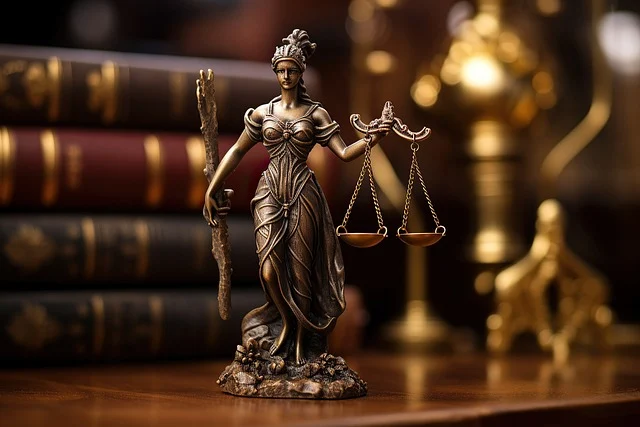Introduction

Legal theory, also known as jurisprudence, is the study of the fundamental principles, concepts, and philosophies underlying the law. It seeks to understand what law is, how it functions, and what role it should play in society. This exploration involves examining various theories about the nature of law, its sources, its purposes, and its relationship to morality and justice. This comprehensive guide delves into the core concepts of legal theory, its key schools of thought, and their implications for legal practice and society.
Table of Contents

- Natural Law Theory
- Legal Positivism
- Legal Realism
- Critical Legal Studies
- Feminist Legal Theory
- Law and Economics
Overview of Legal Theory
Definition and Scope

Legal Theory: Legal theory is the study of the nature of law, its purposes, and its role in society. It involves analyzing the philosophical and conceptual foundations of legal systems and the principles that underpin legal reasoning and practice.
- Definition: Legal theory seeks to answer fundamental questions about the nature of law, such as “What is law?” “What makes a law valid?” and “What is the relationship between law and morality?”
- Scope: The scope of legal theory includes various schools of thought, theories of justice, sources of law, and methods of legal interpretation.
Internal Links:
Historical Development

The development of legal theory has evolved over centuries, reflecting changing philosophical and intellectual trends:
- Ancient Philosophies: Early legal theories can be traced back to ancient philosophers like Plato and Aristotle, who explored the nature of justice and the ideal state.
- Medieval and Enlightenment Thinkers: Thinkers such as Thomas Aquinas and John Locke contributed to the development of natural law theory and social contract theory.
- Modern Theories: The 19th and 20th centuries saw the rise of legal positivism, legal realism, and critical legal studies, among other contemporary theories.
Internal Links:
Key Theories in Legal Theory

Natural Law Theory
Natural Law Theory: Natural law theory posits that law is derived from moral principles inherent in human nature and the natural world. According to this theory, there are universal moral truths that inform and validate legal systems.
- Key Thinkers: Aristotle, Thomas Aquinas, and John Finnis are prominent figures in natural law theory.
- Principles: Natural law theorists argue that laws must align with moral values and principles of justice to be legitimate.
Internal Links:
Legal Positivism

Legal Positivism: Legal positivism asserts that law is a set of rules created and enforced by the state, independent of moral considerations. According to this view, the validity of law is determined by its source rather than its moral content.
- Key Thinkers: Jeremy Bentham and H.L.A. Hart are influential figures in legal positivism.
- Principles: Legal positivists maintain that laws are valid if they are enacted by legitimate authorities and follow established procedures, regardless of their moral content.
Internal Links:
Legal Realism
Legal Realism: Legal realism focuses on how laws are actually applied and interpreted in practice, rather than on abstract principles. Realists argue that legal outcomes are influenced by social, economic, and psychological factors.
- Key Thinkers: Oliver Wendell Holmes Jr. and Karl Llewellyn are notable figures in legal realism.
- Principles: Legal realists emphasize the role of judges and the impact of context on legal decision-making.
Internal Links:
Critical Legal Studies

Critical Legal Studies (CLS): CLS challenges traditional legal theories and structures by examining how law perpetuates social inequalities and power imbalances. It emphasizes the role of law in maintaining the status quo and argues for transformative legal reforms.
- Key Thinkers: Duncan Kennedy and Roberto Mangabeira Unger are influential in CLS.
- Principles: CLS scholars critique the objectivity and neutrality of law, highlighting how legal doctrines can reinforce existing power structures.
Internal Links:
Feminist Legal Theory

Feminist Legal Theory: Feminist legal theory examines how law affects women and gender relations, advocating for legal reforms to address gender-based inequalities and injustices.
- Key Thinkers: Catharine MacKinnon and Kimberlé Crenshaw are significant contributors to feminist legal theory.
- Principles: This theory critiques traditional legal frameworks for perpetuating gender biases and seeks to promote gender equity through legal changes.
- Key Thinkers: Richard Posner and Ronald Coase are prominent figures in law and economics.
- Principles: Law and economics emphasizes efficiency, cost-benefit analysis, and the role of incentives in shaping legal rules.
Internal Links:
